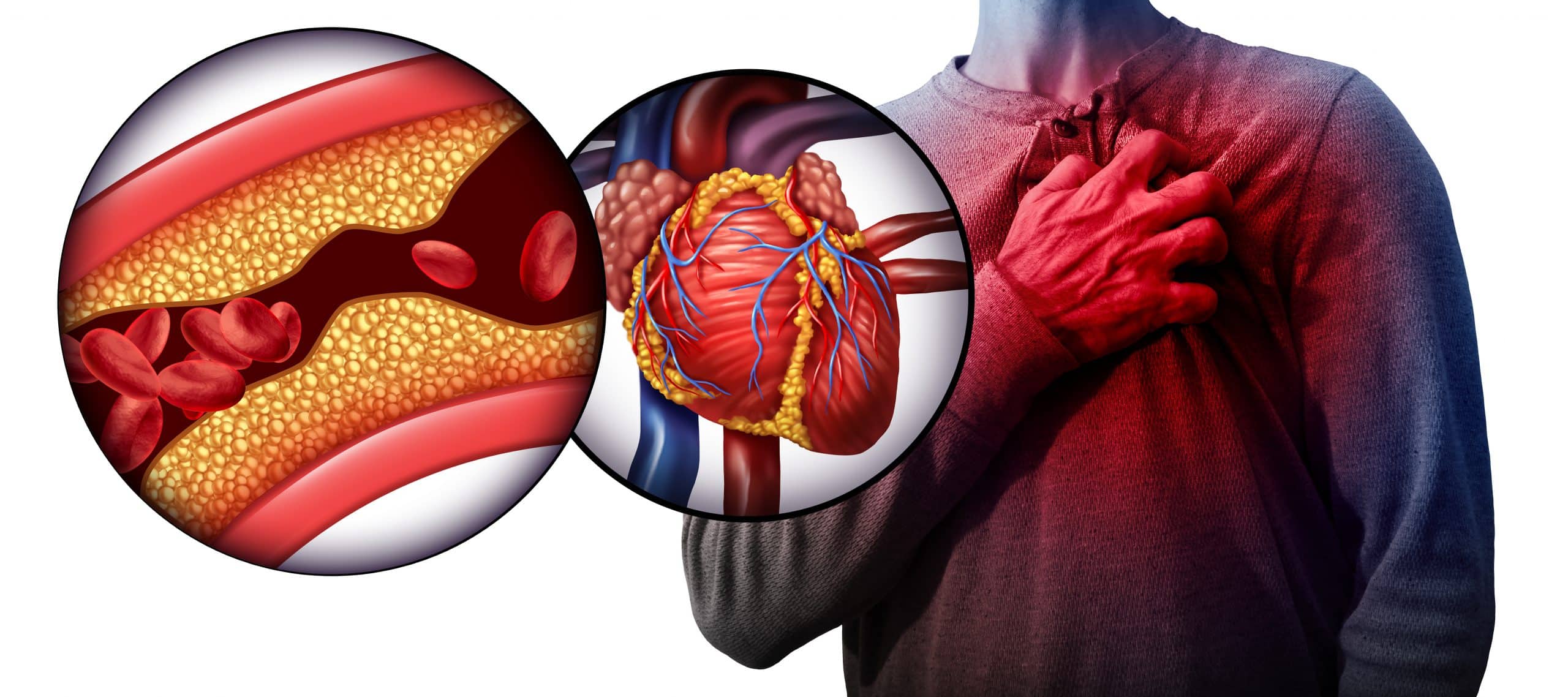09/13/2018
The Truth Behind Olive Oil and Heart Disease
Today, popular diets often highlight the consumption of “healthy fats.” Olive oil is a predominantly cited example of a healthier fat that you can substitute for fats like butter while you cook or meal prep. But is the answer as straightforward as so many people assume? Fat is a necessary component for the body to perform its duties: Some vitamins even use fat to dissolve into the bloodstream. But what makes olive oil a good alternative, and does the science check out? Find out whether olive oil can help you safeguard against a heart attack, or if the hype falls flat.
The Good News
Researchers initially hypothesized that olive oil might have preventative properties against heart disease because of the low instance of heart disease near the Mediterranean sea. So, what does olive oil get right? The beneficial aspects referred to in olive oil are the monounsaturated fats, also known as MUFA’s. These “healthy” fats improve your heart health by reducing your overall cholesterol as well as reducing your LDL, or low density lipoprotein. This type of cholesterol is considered the “bad” kind that leads to heart disease through artery hardening.
Often called the “Mediterranean” diet, research supports the idea that replacing saturated and trans fats with monounsaturated fats like those found in olive oil could be advantageous. In terms of cooking, saturated fats include substances like coconut oil, palm oil, butter and whole milk. They’re also found in cheese and other dairy products. Olive oil is a positive influence on heart health in one major sense: Replacing other fats in your diet with olive oil is a healthier choice compared to trans fats and saturated fats. The problem? Most people who increase their intake of olive oil don’t actually reduce their intake of unhealthy fats. This simply equates to more overall fat intake—a counteractive effort.

Olive oil is also full of antioxidants like vitamin E, carotenoids, and phenolic compounds. Phenols are anti-inflammatory, and can aid the formation of nitric acid which relaxes blood vessels. This can have the effect of reducing blood pressure and therefore your risk of future heart disease.
Where Does Olive Oil Go Wrong?
While many studies corroborate the healthy advantages of olive oil for your heart and overall health, some sources are less convinced. The issue is that all oils are ultimately detrimental to your health. One 2007 study found that olive oil in comparison to soy and palm oil was just as likely to increase triglyceride plasma levels. These levels have a direct correlation to coronary risk and cardiovascular disease. Reducing your overall intake of fat while focusing on healthy fats from fresh fruits and vegetables is a positive step towards cardiovascular health.

So where does olive oil stand on the heart healthy scale? Ultimately, conflicting studies do exist—but there is cause to believe that the antioxidants in olive oil could be a valuable part of a heart healthy diet. It’s important to make the distinction between healthy fats and unhealthy fats in your diet, and reducing and replacing fats from meat and dairy is a step in the right direction. To learn more about your risk of heart disease and the steps you can take to lower your blood pressure and total cholesterol, visit www.cvgcares.com to schedule an appointment with a healthcare professional today.



